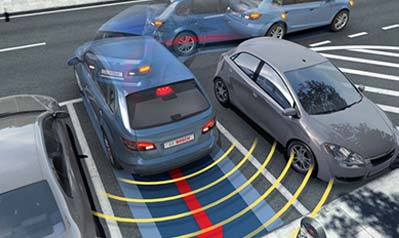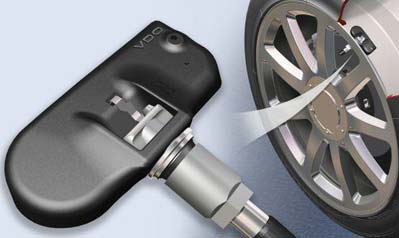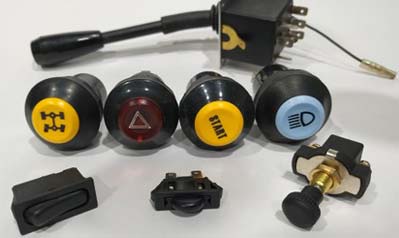Welcome to May Auto Parts Manufacturing & Supplying (MAPMS)
Welcome to May Auto Parts Manufacturing & Supplying (MAPMS)
In the ever-evolving landscape of automotive technology, auto sensors emerge as unsung heroes, not just enhancing safety but also significantly impacting the economic aspects of vehicle operation. This passage explores how auto sensors play a pivotal role in boosting fuel efficiency, translating into substantial cost savings for drivers and fleet operators alike.
The automotive sensors are at the forefront of the fuel efficiency revolution, fundamentally altering the way vehicles consume and utilize fuel. Equipped with advanced technologies such as fuel injection sensors, oxygen sensors, and air-fuel ratio sensors, modern vehicles can precisely monitor and adjust their fuel combustion processes in real-time. This level of precision ensures that the engine operates at peak efficiency, minimizing fuel wastage and optimizing mileage.
The intelligence embedded in auto sensors extends to engine management systems, where these sensors act as catalysts for fuel efficiency. Through continuous monitoring of various engine parameters, such as temperature, pressure, and exhaust composition, auto sensors enable the engine control unit (ECU) to make instantaneous adjustments. This intelligent engine management ensures that the fuel-to-air ratio is optimal for combustion, reducing fuel consumption and emissions. The synergy between auto sensors and engine management becomes a cornerstone for achieving higher fuel efficiency.
One of the remarkable aspects of auto sensors is their ability to adapt to dynamic driving conditions. Sensors like the automotive mass air flow sensor and wheel speed sensors gather real-time data about factors such as vehicle speed, load, and external conditions. This information allows the vehicle's systems to adapt to changing environments, optimizing fuel delivery and engine performance. Whether navigating city traffic or cruising on the highway, auto sensors ensure that the engine operates efficiently, maximizing fuel economy in diverse driving scenarios.
Auto sensors are integral to the implementation of smart cruise control and eco-driving features, further contributing to fuel efficiency. Adaptive cruise control systems use sensors to maintain a safe following distance from other vehicles, optimizing speed and reducing unnecessary acceleration and braking. Eco-driving features leverage data from various sensors to provide drivers with real-time feedback on their driving habits, encouraging fuel-conscious behaviors. These innovations, driven by auto sensor technology, empower drivers to make informed decisions that translate into tangible fuel savings.
In conclusion, the economic impact of auto sensors on automobile fuel system efficiency is nothing short of revolutionary. By fine-tuning engine performance, adapting to dynamic driving conditions, and enabling smart driving features, auto sensors are instrumental in maximizing mileage and reducing fuel costs. As vehicles become increasingly connected and intelligent, the symbiotic relationship between auto sensors and fuel efficiency is poised to redefine the economic landscape of transportation. Every mile driven becomes an opportunity for cost savings, and with auto sensors at the helm, the journey towards a more fuel-efficient and economically sustainable future is well underway.
Popular Automotive Spare Parts
 How Often Should a Car Fuel Filter Be Replaced for Optimal Performance?
READ MORE >
How Often Should a Car Fuel Filter Be Replaced for Optimal Performance?
READ MORE >
 A Brief Introduction To Car Lighting
READ MORE >
A Brief Introduction To Car Lighting
READ MORE >
 Analysis of the Working Principle of Car Air Conditioner Compressor
READ MORE >
Analysis of the Working Principle of Car Air Conditioner Compressor
READ MORE >


